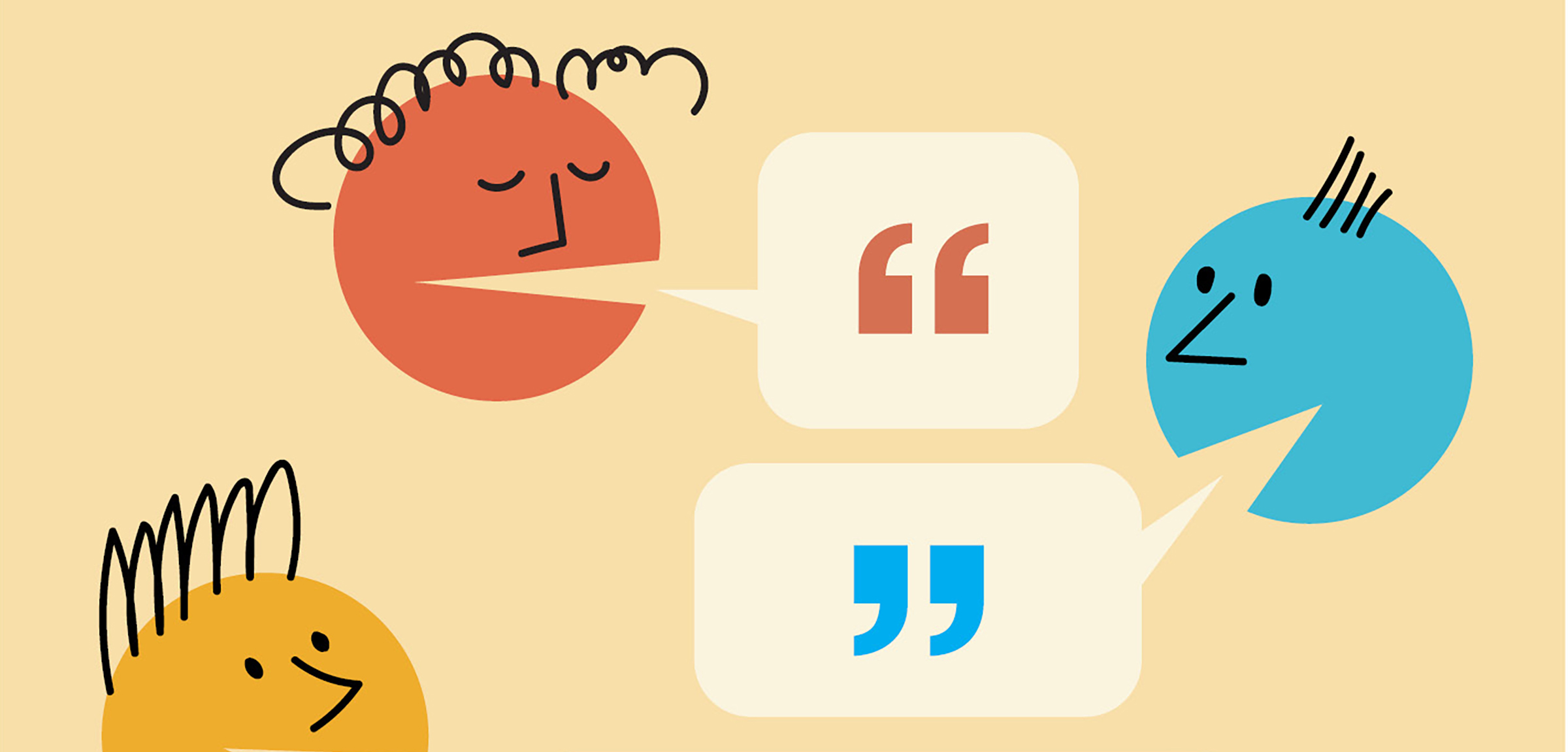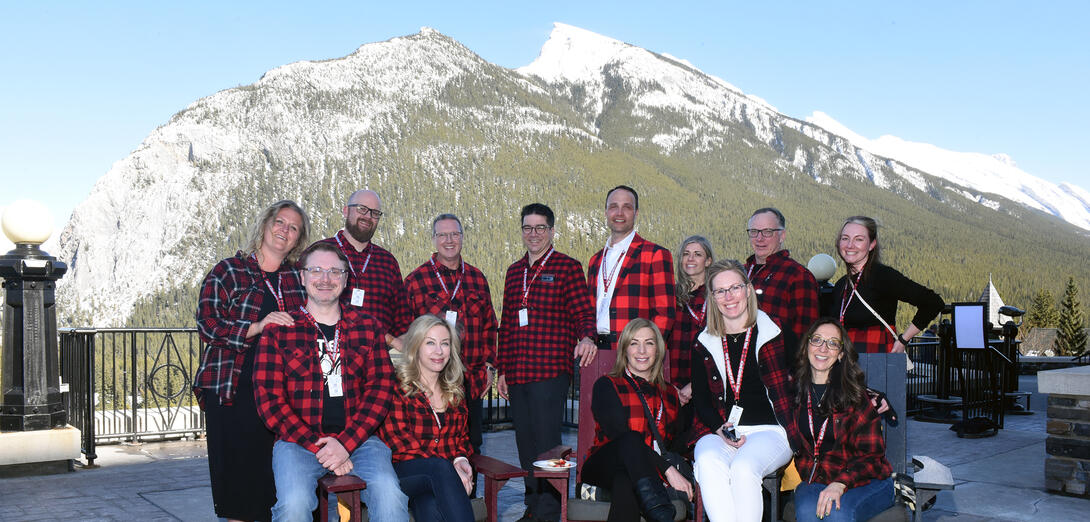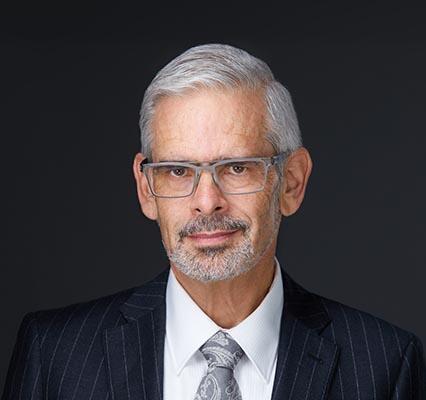Over my teaching career, I was fortunate to have received several interesting nicknames from students, with each one reflecting something unique about the time, place, student and school where it happened.
Some students had trouble with the hard “k” in my name and found it easier to call me “Mr. S.” than “Mr. Suchow,” which was fine by me. Then there were the two students — 12 years apart and in different towns — who found my classroom collection of Star Trek posters especially inspiring and proceeded to call me “Admiral.” That was definitely an honour!
However, out of all the nicknames over the years, perhaps the best was bestowed upon me during the pandemic, when 10 students and I began a highly modified semester and tried to figure out how to get through a three-hour-long class of English 10-2 each morning. I mentioned that since we’d be together for a longer time each day, they could call me Mr. S., but they could not call me “Dude,” as a student had tried to do the year before. “You have to be respectful,” I said, recounting the story, “So it has to be Mr. Dude.” That broke the ice, we all laughed, and the course began.
Six weeks later, one student — who had had a hard life, was usually quiet and was struggling — raised his hand and asked, “Mr. Dude, can you help me with this?” As the other students whispered, “It’s Mr. S.,” he waved them away and looked at me with earnest eyes. He was clearly not being defiant and honestly needed help, the first time he’d asked in all that time. We worked together on his question and the lesson continued.
Something struck me about him using that name and trying to reach out, so we had a chat about “Mr. Dude” at the end of the class. I told him that since he had said the name respectfully, it could be his — and only his — special name for me. No one else in the whole school could say it. He paused for a moment, then quietly said, “Thanks, Mr. Dude,” and left.
Over the next few weeks, I saw something change in him. He began to smile more, ask more questions and start to show the first confidence any of his teachers had seen. And he began to use “Mr. Dude” not just in class, but now in the hallways, accompanied by enthusiastic waves — “Hi, Mr. Dude!” While the other students were bewildered at first, soon enough they figured out it was working for him and let him be.
“Mr. Dude” became part of our unique relationship, and over the next three years the student’s confidence continued to grow. He began to write about his younger years living in a very rough neighbourhood, and toward the end of Grade 11 he received second place in a national writing competition. He also proudly gifted me with an exquisite, hand-carved work of art (that had taken him many hours of labour) as his Grade 12 year ended.
Reflecting on this student and the enduring power of the connections we make, I’ve realized that each of those nicknames was a gift. For those students, it gave them an anchor, a trust, and helped them to take the next steps forward to stay in school and succeed. For me, it was an affirmation, that one of the truest and most important powers of a teacher is the ability to build relationships that can enrich all our lives — not just in the moment, but for years to come. ❚
Ray Suchow is a retired teacher who taught computer science and religious studies. He now enjoys travelling, writing, subbing and completing home renovations.
Inside Insight is your chance to write about a memorable moment, a lesson learned or a poignant experience related to teaching. Please submit articles to managing editor Lindsay Yakimyshyn at lindsay.yakimyshyn@ata.ab.ca.



